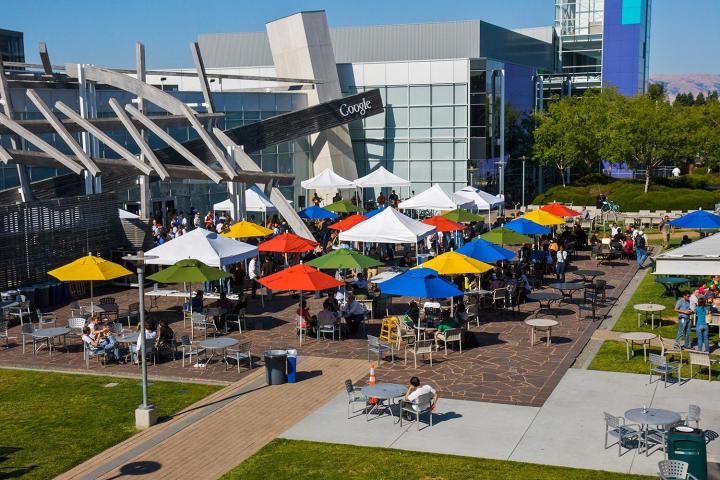
Doctoroff added that “thinking about a city from the internet up is really compelling…[but] cities are hard. You have people with vested interest, political, physical space…But the technology ultimately cannot be stopped.”
Would you live in a city built around the internet as a living beta tester? What if it was really cool? Following the recent WeLive adult dorm launches in New York City and Arlington, Virginia, the concept of a company running an entire city takes the co-working/co-living concept to a new level. It also begs the question: Who would want to live there?
Alphabet, the conglomeration of companies many still think of as “Google,” is, through its various divisions, spreading thought reach, exploration, and development to diverse, way-beyond-search issues. From self-driving cars, balloons that provide wireless internet service to remote areas, and contact lenses for people with diabetes to check glucose levels, the concept of Alphabet’s Sidewalk Labs planning and building an entire city populated with people ready to test and try out new technologies isn’t much of a stretch.
Cities aren’t comprised of just buildings and people. Whenever people start living together economics, politics, transportation, communication, recreation, education, employment, and environmental issues just begin the list of areas worthy of exploration and development. The appeal of such designed living goes beyond free yoga classes and beer, and even organized group work and play.
A city as a test bed would allow researchers control over many variables, always desirable from a research perspective. Controlled design of living areas also raises a load of questions and concerns, not the least of which is who makes the rules and the decision governing the use of the space and the people.
Sidewalk Labs may or may not have an internet city in its project plans, but that the idea doesn’t seem all that surprising or even questionable makes a statement about how technology continues to change our world and our expectations. But, in the meantime, we’d settle for that free beer.




